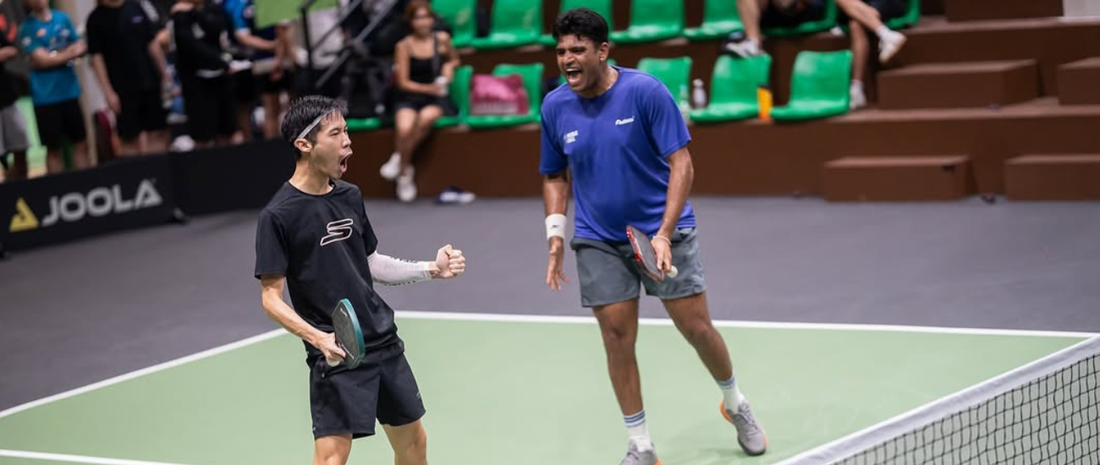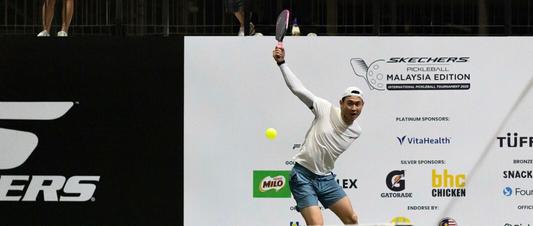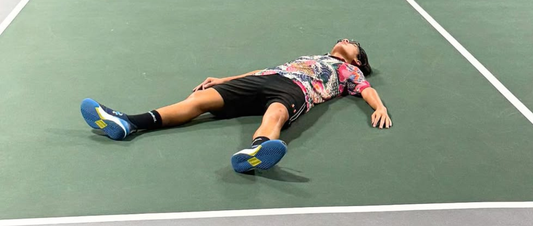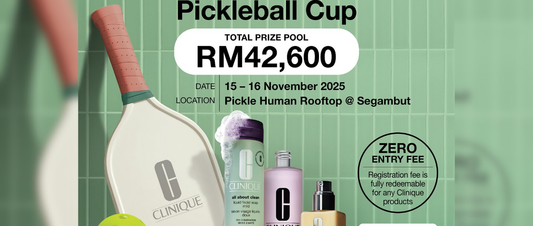
What the Rise of Pickleball Teaches Us About Resourcefulness: India's Inspiration
Sureena Shree ChandrasekarPickleball’s global journey is filled with players who started small but few stories better reflect the sport’s spirit than those born out of pure resourcefulness.
In towns and villages across Asia, the game is being played with heart long before fancy facilities or branded paddles arrive. That’s where the sport’s soul lives.
Where Passion Starts: Not at the Top, But at the Ground
In many parts of India, Malaysia, Vietnam, and Indonesia, players first discovered pickleball not through clubs or schools but through word of mouth.
They borrowed badminton courts, repurposed basketball lines, and improvised equipment. A plank of wood became a paddle. A sponge ball became the first pickleball.
The message is simple: you don’t need perfect conditions to start just the hunger to play.
Why Resourcefulness Builds Better Players
Players who grow from scarcity often develop sharper instincts and stronger mental discipline. Without access to elite coaching or ideal conditions, they rely on creativity, adaptability, and relentless self-training shadow practice, repetition, and imagination.
When they finally step into professional courts, that foundation shows. They’re hungrier, sharper, and mentally tougher.
The Power of Community Over Convenience
In developing regions, the growth of pickleball isn’t powered by technology it’s powered by community.
Friends share gear, coaches donate their time, and local clubs become families. When someone succeeds, it’s everyone’s victory.
That sense of togetherness is the emotional engine behind Asia’s pickleball boom.
A Lesson for All Players
The message resonates globally: don’t wait for the perfect setup to begin. Every champion was once a beginner hitting with a borrowed paddle under a dim light.
Pickleball rewards those who make the most out of what they have and never stop believing in where it can take them.
This article is an excerpt from our interview with Mayur Patil. Watch the full video here.










